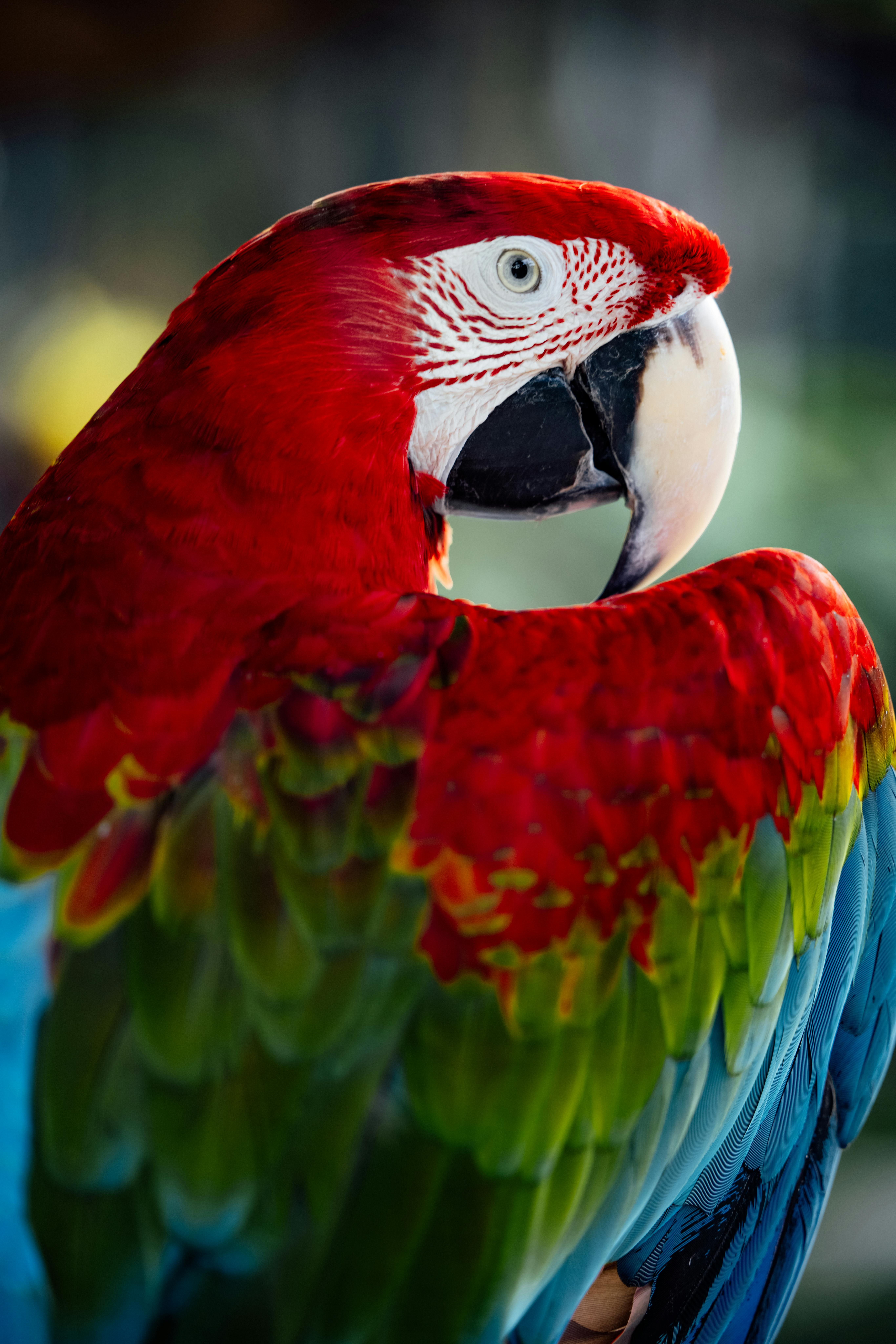Effective Ways to Enhance Your Syrian Hamster's Lifespan in 2025: Practical Care Strategies for Optimal Well-Being

Smart Ways to Improve Syrian Hamster Lifespan in 2025: Essential Care Tips to Achieve Better Health
Understanding and improving the Syrian hamster lifespan is crucial for every pet owner. These delightful creatures bring joy to our lives, but their lifespan can be influenced by various factors. In this article, we will delve into the intricacies of caring for Syrian hamsters, uncovering essential tips and best practices for extending their life expectancy. From nutrition to environment and health checks, it is vital to be proactive in ensuring a long, happy life for these furry companions.
This comprehensive guide will explore the average lifespan of a Syrian hamster and the factors that affect it. We'll also cover special care for aging hamsters, common health issues, ideal diets, and tips for enriching their habitats. By the end of this article, you'll be equipped with valuable insights to promote better health for your Syrian hamster. Let’s dive in!

Essential Factors Affecting Syrian Hamster Lifespan
Building on our introduction, it's essential to understand what impacts a Syrian hamster’s lifespan. Many factors contribute to the health and longevity of your pet, from genetics to environment.
Understanding Genetics and Lifespan
One of the vital aspects influencing the lifespan of Syrian hamsters is genetics. Different breeds and individual hamsters may exhibit variations in their natural lifespans. For instance, studies show that certain bloodlines may have inherited health problems which can affect longevity significantly. Understanding the genetic background of your hamster can help predict potential health issues, allowing for better preventive measures.
Proper Habitat Setup
A well-structured habitat plays a significant role in ensuring a longer lifespan for your hamster. Syrian hamsters thrive in environments that are spacious and enrichingly designed. The ideal cage setup includes providing adequate ventilation, various bedding types for comfort, and escape-proof design to keep them safe. A poorly maintained habitat can lead to stress and health issues, affecting their lifespan.
Diet and Nutrition Needs
Nutrition is paramount for a healthy hamster. A balanced diet rich in proteins, fibers, and vitamins is necessary to maintain health and longevity. Implementing a diet for healthy Syrian hamsters involves high-quality hamster pellets, fresh fruits, and vegetables while avoiding sugary or fatty treats. Ensuring proper hydration is equally important as dehydration can lead to serious health complications, ultimately shortening their lifespan.
Environmental Factors
Environmental factors, such as temperature and humidity, also affect your hamster's lifespan. The ideal temperature for hamsters is typically around 65-75°F. Exposure to extreme temperatures can lead to stress or even fatal health issues. Additionally, maintaining a clean habitat reduces the risk of disease, prolonging their life.
Regular Vet Check-Ups
The importance of regular vet check-ups for Syrian hamsters cannot be overstated. Routine visits help monitor health and prevent potential illnesses. Early detection of health issues can lead to timely interventions, ensuring a better quality of life and extending their lifespan.

Caring for Aging Syrian Hamsters
With these basics established, let's take a closer look at how to provide exceptional care for aging Syrian hamsters. As they mature, they face unique challenges that require tailored care techniques.
Signs of an Aging Syrian Hamster
Recognizing the signs of an aging Syrian hamster is key to providing the proper care they need. Common indicators include changes in activity levels, altered sleeping patterns, and variations in appetite. Owners should pay close attention to these symptoms as they can signal underlying health conditions associated with the aging process.
Diet Changes for Older Hamsters
As hamsters age, their dietary needs may shift. Providing diet changes for older Syrian hamsters is critical. A diet that is softer and easier to chew may be necessary, along with higher fiber content to aid digestion. Consulting with a veterinarian for specific dietary recommendations can be beneficial.
Understanding Syrian Hamster Health Issues
Common health issues that arise with aging include obesity, dental problems, and diabetes. Recognizing these concerns early enables better management and care. It's vital to understand how to address these potential health issues as they become more prevalent in senior hamsters.
Providing Enriching Environments
Enrichment is essential not only for young hamsters but for aging pets as well. Creating an engaging and safe environment helps encourage physical activity and stimulates their minds. This can be achieved through providing various toys, tunnels, and climbing structures that are safe for older hamsters.
End of Life Care for Syrian Hamsters
Understanding and planning for end of life care for Syrian hamsters is an important aspect of pet ownership. Ensuring comfort during their final days with proper bedding, care, and monitoring pain levels can make a significant difference in their quality of life.
Tips to Extend Syrian Hamster Lifespan
Following this approach, let’s explore practical tips for extending the lifespan of your Syrian hamster.
Importance of Social Interaction
Syrian hamsters thrive on interaction and stimulation. The importance of social interaction for hamsters cannot be understated. Regular handling and gentle socialization contribute significantly to their mental well-being, which in turn can positively influence their lifespan.
Ensuring Regular Exercise
Exercise is vital for maintaining a healthy hamster. Establishing a routine that encourages physical activity promotes not only physical strength but also mental health. Incorporating tools like exercise wheels and tunnels in their habitat can meet their exercise needs and keep them active.
Avoiding Stress Factors
Stress is a silent killer that can drastically reduce a hamster's lifespan. Understanding stress factors in Syrian hamsters and working to minimize them is crucial. Keeping their environment calm, introducing changes gradually, and maintaining cleanliness can substantially lower stress levels.
Monitoring Health Regularly
Regular monitoring can help identify potential health issues before they escalate. Keeping an eye on weight, behavior, and overall activity levels can provide early warnings for health concerns. This consistent assessment leads to proactive health management, ensuring that your hamster remains healthy for longer.
Creating a Comfortable Habitat
Ensuring that your hamster has a comfortable, well-maintained habitat is key to their wellness. Quality bedding types for Syrian hamsters, correct cage setup, and appropriate hiding places contribute to a stress-free environment. This attention to detail can boost not only comfort but also health and lifespan.
Conclusion: Embracing Responsible Ownership
Ultimately, understanding the various aspects related to your Syrian hamster's lifespan is essential for providing quality care. By following the tips outlined in this guide, from diet to environmental care, you can promote a healthier lifestyle for your furry friend. Prioritizing their well-being can enhance their longevity, ensuring they remain a cherished part of your family for many years to come.
Frequently Asked Questions
How long do Syrian hamsters live?
On average, Syrian hamsters live for approximately 2 to 3 years, though with proper care, some can live up to 4 years.
What factors can affect my hamster's lifespan?
Genetics, habitat conditions, diet, exercise, and regular vet check-ups are vital factors that influence a Syrian hamster’s lifespan.
How can I tell if my hamster is aging?
Common signs include decreased activity, changes in appetite, and weight loss. Monitoring these signs helps in providing specific care as they age.
What type of diet is best for senior Syrian hamsters?
A diet high in fiber, low in sugars, and easy to chew is recommended for aging hamsters. Consultation with a veterinarian for tailored advice is always wise.
Why are vet check-ups important for hamsters?
Regular vet visits can help detect and prevent health issues early, leading to better management and improved lifespan of your hamster.